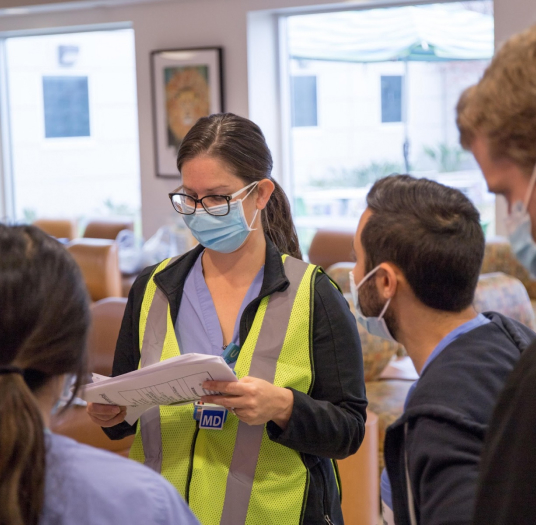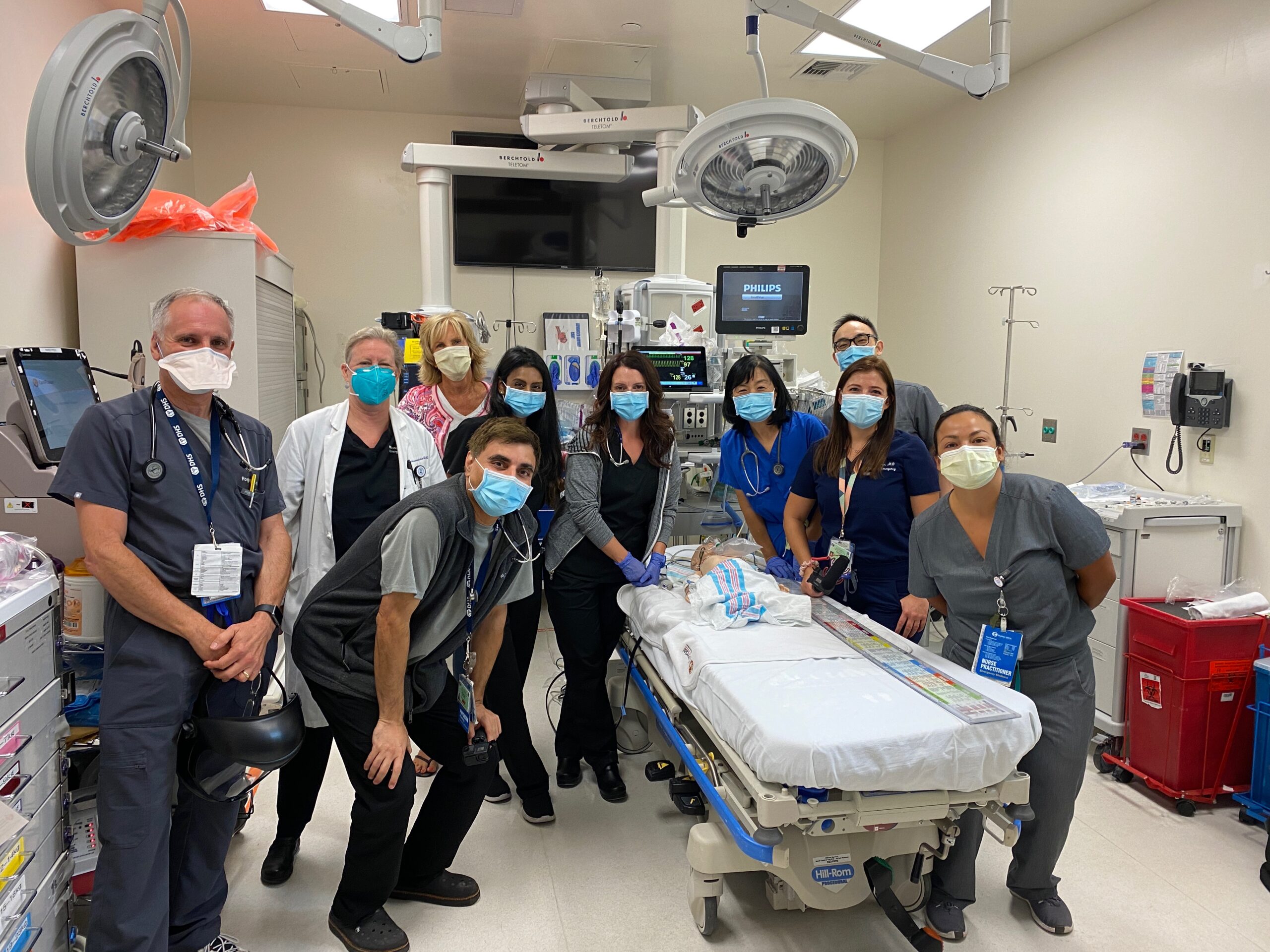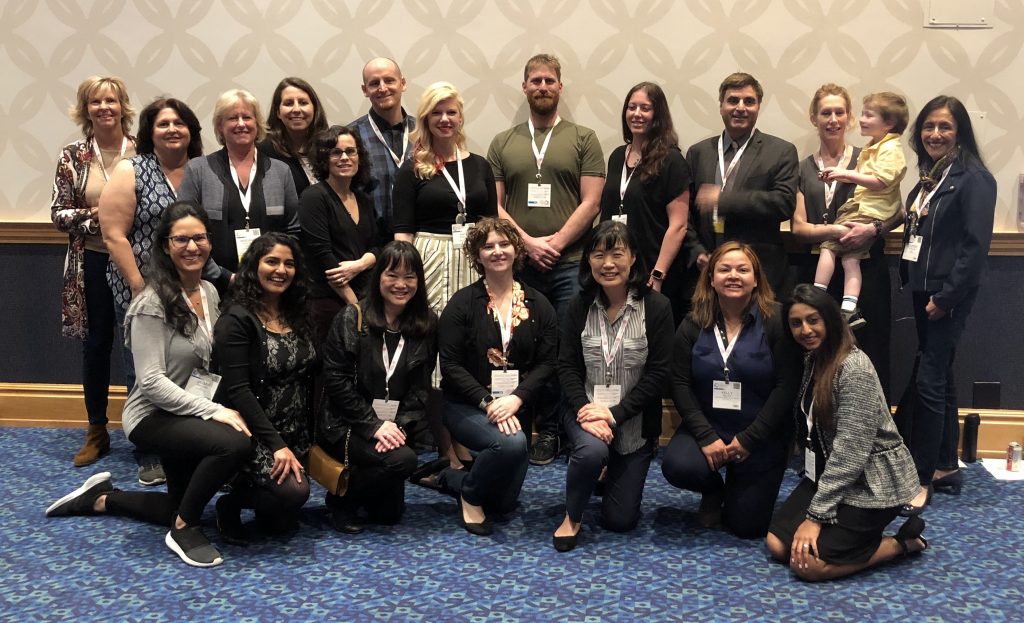Fellows get a well-rounded clinical experience in two PEDs that complement each other.
- Harbor-UCLA Medical Center is an academic public hospital PED that sees around 25,000 pediatric patients annually. It is a Level I Trauma Center and a Pediatric Critical Medical Patient Receiving Center and also serves the South Bay community providing “bread and butter” EM care.
- Miller Children’s Hospital houses a pediatric ED in a tertiary care Children’s hospital with high volume (100,000 visits annually). It is a Level II Trauma Center and provides general and subspecialty pediatric EM care to a large geographic area.
Our program prides itself on providing fellows flexibility in curriculum and electives within the confines of ACGME-required rotations to accommodate individual learning needs. For example, a fellow:
- Can be primarily EM or pediatrics residency-trained.
- Wants to pursue a career in research, administration, or education.
- Wants to explore other areas such as ultrasound, social EM, or EMS.
We also train combined PEM-US fellows.
Fellows gain graduated autonomy with rapid attainment of independence in seeing patients and supervising residents as well as in running the pediatric emergency department at Harbor-UCLA.
Numerous opportunities for education come in the form of protected conference time twice a month, POCUS training with ultrasound faculty, PALS, NRP, and ATLS, simulation center, cadaver labs, research methodology training, and mentorship.
Fellows have ample opportunity to gain procedure skills through procedure labs, a well-equipped and staffed simulation center, a pediatric anesthesia rotation, a rotation in a high-acuity PICU, training in a busy Level I Trauma Center, a fellowship housed within a Department of Emergency Medicine with a well-established EM residency program, and skills sessions as part of the core curriculum.
Fellows get the ability to develop skills in classroom and bedside teaching through supervision of residents, preparation and presentation of formal lectures to medical students and EM residents, and participation in presenting (with an emphasis on interactive lecture styles, e.g. games, questions, panels, etc.) as part of our fellowship core curriculum, which repeats every two years. Fellows receive mentorship from nationally recognized faculty speakers.
EM residency-trained fellows do two shifts per month in the adult ED to maintain their skills in treating adults and can moonlight in the adult ED as well.
Funds are available to support fellows presenting research at academic meetings.




